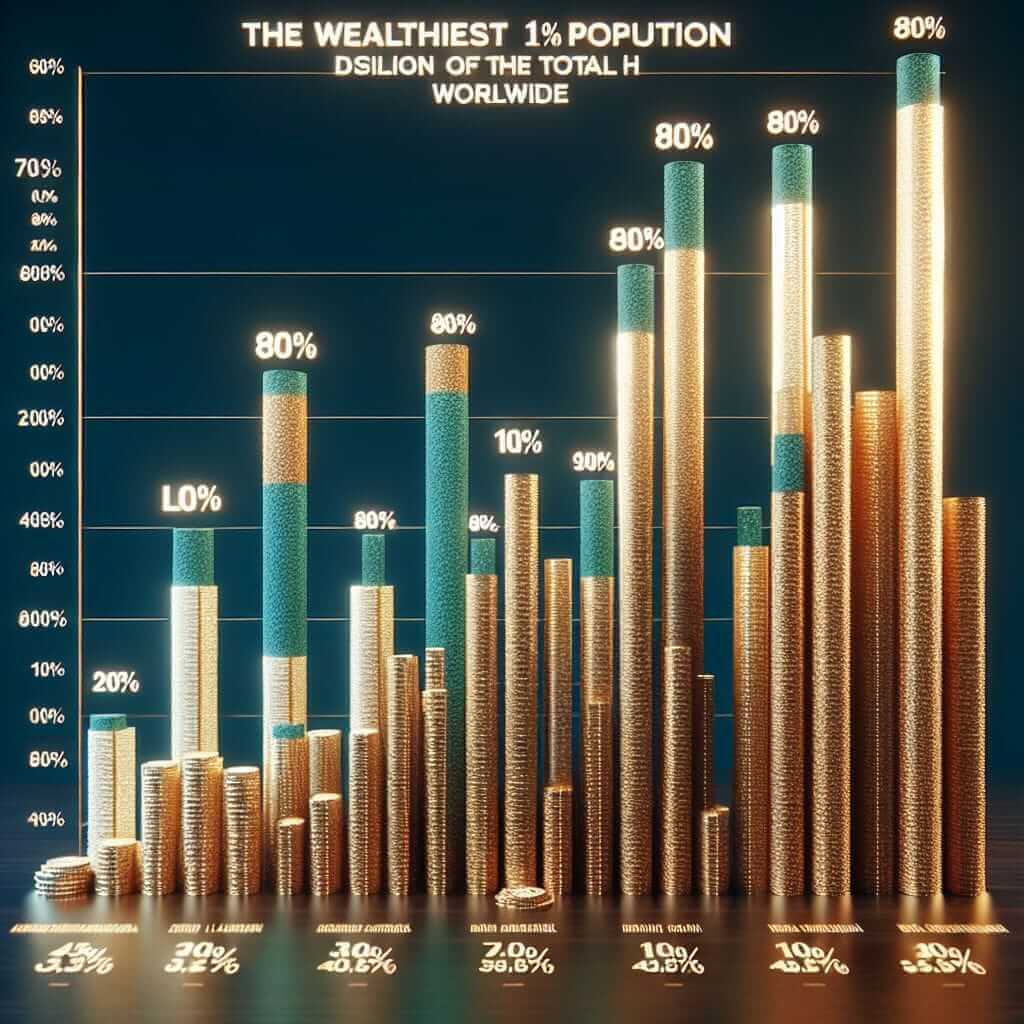The IELTS Reading test is designed to challenge your comprehension and analytical skills. In this article, we’ll delve into the topic of “What are the challenges of global poverty eradication?” This is a significant and relevant issue that might appear in your IELTS Reading exam due to its pressing nature in today’s world. Understanding this issue will not only help you enhance your reading skills but also keep you informed on critical global matters.
The Reading Passage: Medium Text
Global Poverty Eradication: Challenges and Obstacles
Global poverty eradication remains one of the most pressing challenges in contemporary society. Despite significant progress in reducing poverty levels over the past few decades, approximately 9.2% of the world’s population still lives in extreme poverty.
Economic Disparities
One of the primary obstacles is economic disparity. Wealth is often concentrated within a small fraction of the population, leading to uneven distribution of resources. Countries with unstable economies often lack the necessary funding for social programs aimed at poverty alleviation. Furthermore, global economic policies frequently favor developed nations, exacerbating the wealth gap between rich and poor countries.
Political Instability
Political instability is another significant barrier. Governments in impoverished nations may suffer from corruption, weak institutions, and poor governance. This lack of effective leadership can hinder efforts to implement and sustain poverty reduction programs. Additionally, conflicts and wars not only devastate economies but also displace millions, further perpetuating cycles of poverty.
Social Inequality
Social inequality, including issues related to gender, ethnicity, and education, also plays a crucial role. In many parts of the world, women and minority groups face additional barriers that prevent them from accessing education, healthcare, and employment opportunities. This perpetuates cycles of poverty as marginalized communities remain trapped in precarious situations generation after generation.
Environmental Challenges
Environmental factors, such as natural disasters and climate change, disproportionately affect poorer regions. Countries with limited resources struggle to recover from natural disasters, plunging already vulnerable communities deeper into poverty. Climate change, with its associated impacts on agriculture and infrastructure, further compounds these challenges, making it harder for impoverished communities to escape poverty.

Solutions: Global Cooperation and Sustainable Development
Addressing global poverty requires a multifaceted approach. International cooperation through agencies such as the United Nations can facilitate the sharing of resources and knowledge. Sustainable development goals, focusing on education, healthcare, and economic opportunities, must be prioritized to create long-lasting impact. Concerted efforts to address social inequalities and promote environmental sustainability are also crucial components of effective poverty eradication strategies.
Practice Questions
Multiple Choice
-
What is one of the primary obstacles to global poverty eradication mentioned in the passage?
- A. Environmental sustainability
- B. Wealth concentration within a small fraction of the population
- C. Technological advancements
- D. Global trade restrictions
-
Which factor exacerbates the wealth gap between rich and poor countries?
- A. Political instability
- B. Social inequality
- C. Global economic policies
- D. Natural disasters
Identifying Information (True/False/Not Given)
- True/False/Not Given: Approximately 15% of the world’s population lives in extreme poverty.
- True/False/Not Given: Political instability in impoverished nations often arises due to external influences.
- True/False/Not Given: International cooperation is not necessary for effective poverty eradication.
Sentence Completion
- One of the impacts of climate change on poverty is ___.
- Social programs aimed at poverty alleviation are often hindered by ___.
Answer Key
Multiple Choice
- B. Wealth concentration within a small fraction of the population
- C. Global economic policies
Identifying Information (True/False/Not Given)
- False. (The passage states approximately 9.2% of the world’s population lives in extreme poverty.)
- Not Given. (The passage does not specify the origins of political instability.)
- False. (The passage mentions that addressing global poverty requires international cooperation.)
Sentence Completion
- One of the impacts of climate change on poverty is its associated impacts on agriculture and infrastructure.
- Social programs aimed at poverty alleviation are often hindered by economic disparity and political instability.
Common Mistakes and Tips
- Misinterpretation of Questions: Always read the questions attentively to ensure you grasp what is being asked. Pay close attention to qualifiers like “always,” “often,” “not,” etc.
- Ignoring Keywords: Use keywords from the questions to locate the relevant parts of the text. This will save you time and improve accuracy.
- Overlooking Specific Details: When dealing with true/false questions, minor details can change the answer. Don’t overlook these subtleties.
Vocabulary Boost
- Disparity (n.) /dɪˈspær.ɪ.ti/ – a great difference.
- Perpetuate (v.) /pəˈpetʃ.u.eɪt/ – to cause something to continue indefinitely.
- Precarious (adj.) /prɪˈkeə.ri.əs/ – not securely held or in position; dangerously likely to fall or collapse.
Grammar Focus
- Relative Clauses: “One of the impacts of climate change that contributes to poverty is its effect on agriculture.”
- Passive Voice: “Resources are often unevenly distributed, leading to further economic disparity.”
Advice for High Scores in IELTS Reading
- Practice Regularly: Schedule daily reading practice using diverse materials to improve your vocabulary and comprehension speed.
- Skim and Scan: Learn to quickly identify key points in a passage by skimming and scanning rather than reading every word in detail.
- Time Management: Allocate your time wisely during practice sessions to ensure you can complete all questions within the given timeframe.
- Review Mistakes: Consistently review your mistakes to understand where you went wrong and how to avoid similar errors in the future.
By focusing on these strategies and familiarizing yourself with common themes like global poverty, you’re well on your way to achieving a high score in the IELTS Reading Test. Happy studying!